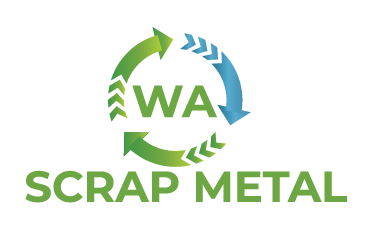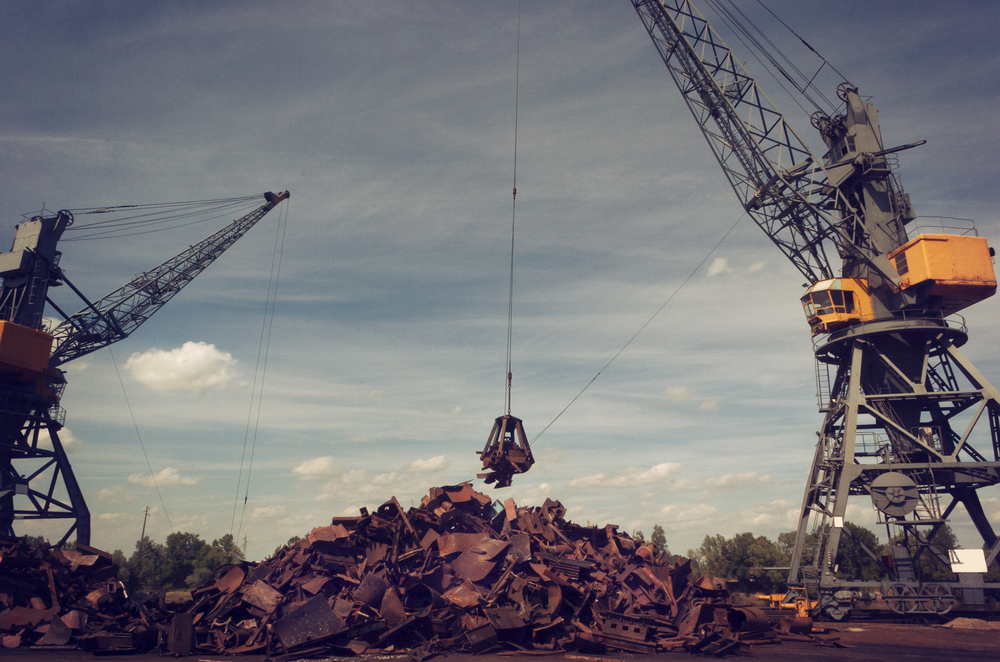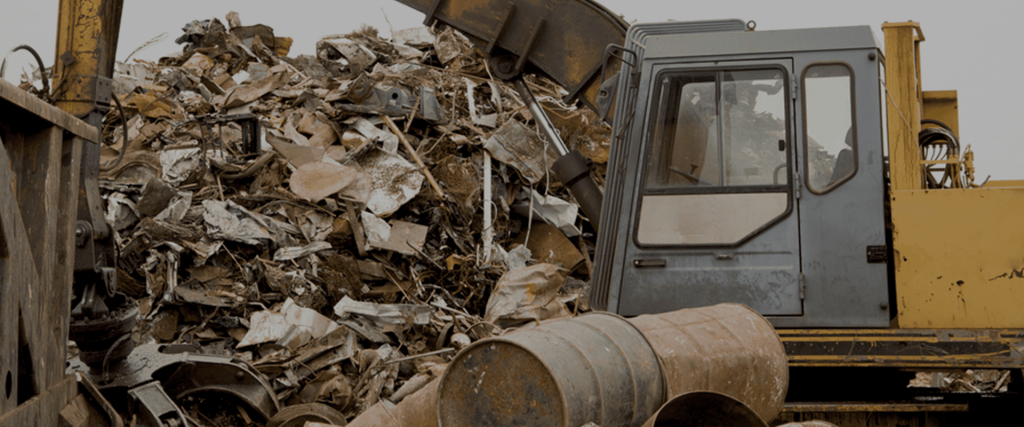20 Facts About Scrap Metal Recycling That Will Make You Think
We all know scrap metal recycling matters!
But sometimes we forget just how much our small actions can help the planet. That’s why we’ve gathered 20 interesting facts about scrap metal recycling in Australia and around the world.
Join us as we explore how even the little things we do make a big difference in our environment.
Now if you want to level up your recycling game and look for scrap metal near you. Then WA Scrap Metals is your go-to place in Perth, Western Australia, for all things scrap metal recycling.
Let’s move on to the interesting yet impactful 20 Facts About Scrap Metal Recycling.
20 Facts About Scrap Metal Recycling In Australia
Fact 1. “Metal” and “Scrap” Name Origin
The word “metal” comes from the Ancient Greek word “metallon,” meaning mine.
While “scrap” traces back to the Old Norse word “skrapa,” which means to scrape.
It shows that the use of scrap metal has a long history.
Fact 2. Australia Invest $250 Million In Recycling Facilities In 2023
Australia invested $250 Million in infrastructure and advanced recycling solutions to sort, process and remanufacture valuable new products from recycling metals.
Fact 3. 98% Australian Contribute to Recycling: Highest in the World
A massive 98% of Australian households participate in some form of recycling.
Achieving a waste diversion rate of over 40%. Which is higher than Canada, England, and the United States.
Now this number can be levelled up to 100% by increasing participation. You can help by finding a local scrap metal recycler near you to assist you with all your scrap metal recycling needs.
Fact 4. Australia has 90% Scrap Metal Recovery Rate
Australian scrap metal recyclers claim an impressive 90% scrap metal recovery rate. Recycling over 5 million tonnes of metal. One of the best way scrap metal recyclers operate here in Australia.
This rate surpasses that of many other countries globally. For instance, the United States recycles only about 52% of its scrap metal.
South Australia leads with the highest resource recovery rate at 80%. Northern Territory has the lowest recovery rate at 19%.
Fact 5. Power of Aluminium Recycling
Aluminium was discovered in 1825. It is the Earth’s most abundant metal. This metal is also highly recyclable.
Surprisingly, about 2/3 of all aluminium ever produced is still in use today.
The energy saved from recycling a ‘single aluminium can’ can power a 100-watt light bulb for 20 hours, a television for two hours, and a computer for three hours. Imagine the collective impact of recycling more cans.
| Device | Energy Powered by ‘1 Aluminium Can’ Recycling |
| 100-Watt Light Bulb | 20 hours |
| Television | 2 hours |
| Computer | 3 hours |
Fact 6. ‘Aluminium Can’ Take 200 ─ 500 Years To Decompose
Aluminium beer cans take between 200 and 500 years to decompose. However, in 2010, Australians recycled only 67.4% of the 3 billion aluminium cans they used.
Fact 7. ‘Aluminium Can’ Takes 60 Days to Recycle
Recycling an aluminium can is a quick process.
They can be collected, melted down, and reformed into new cans in as little as 60 days. Through closed-loop recycling. Where the recycled product becomes the same thing again.
Fact 8. Steel Recycling Consumes 60% Less Energy
Steel is the world’s most recycled material. It can be recycled endlessly without losing quality.
Recycling steel consumes 60% less energy than producing it from iron ore.
Almost every steel product in the market contains some recycled steel.
Fact 9. 98% of a Car Battery Is Recyclable
98% of a car battery is recyclable. Around 90% of batteries are not recovered. And ends up in landfills. Car batteries are a missed scrap metal recycle opportunity.
Fact 10. Car Scrapping Save 2-tonnes Raw Materials
Choosing to scrap your car saves a large amount of raw materials. It saves approximately 55 kg of limestone, 635 kg of coal, and 1134 kg of iron ore, totalling almost 2 tonnes of raw material.
| Raw Material | Quantity Saved by Scrapping a Car |
| Limestone | 55 kg |
| Coal | 635 kg |
| Iron Ore | 1134 kg |
Fact 11. USA Leads in Copper Recycling Globally
The annual amount of recycled copper in the USA could be shaped into 25,000 Statues of Liberty.
Fact 12. Recycling 41 Mobile Phones = 1 Gram Of Gold
Producing 1 gram of gold requires mining 1 tonne of ore.
Surprisingly, 1 gram of gold can be obtained by recycling 41 mobile phones.
This highlights the rich presence of precious metals in electronic devices.
Fact 13. Recycled Steel is 75% More Eco-Friendly
Recycled steel is 75% more environmentally friendly than freshly mined ore for making new steel.
The elimination of various extraction and manufacturing processes makes recycled steel a sustainable choice.
Fact 14. Brass Doorknobs/Handrails Reduce Spread Of Germs & Viruses
Brass is often used for doorknobs and handrails. It possesses antibacterial properties. This makes it an ideal material for high-contact areas, reducing the spread of germs and viruses.
Fact 15. Stainless Steel Eliminate Odour
If your hands smell of garlic or onions. Rubbing them against a stainless-steel surface can eliminate the odour. A handy trick for the kitchen.
Fact 16. Silverware Protects from Harmful Bacteria
Silver cutlery has the ability to safeguard against bacteria. Even the harmful bacteria that were once considered resistant to regular cleaning agents.
Fact 17. Iron is the Most Plentiful Metal in All Universe
Iron is not only abundant on Earth but is also the most plentiful metal known in the entire universe.
Fact 18. Steel Takes 50 Years To Break Down In Landfills
Steel in landfills does break down. However, steel cans take around 50 years to decompose.
Fact 19. Australians Produce Steel Enough to Build 40,000 Fridges
Australians produce a considerable amount of steel waste each year. Unfortunately, much of it ends up in landfills. Equal to enough steel to build 40,000 fridges. Common items like steel cans, cars, and old appliances are often discarded instead of recycled.
Fact 20. Gold is the First Metal Known to Humans
The first metal known to humans was gold. It was valued for its malleability and suitability for creating jewellery and ornamental items.
Long ago, in Ancient Lydia, King Croesus started using gold as money. This is the first documented use of gold as currency.
Final Words
As we wrap up facts of scrap metal recycling. The numbers speak volumes about an industry on the rise. Leaving a positive mark on both economic and environmental fronts.
The steady growth in revenue and market size indicates a positive impact.
So, the next time you engage in scrap metal recycling. Know that you’re not just participating. You are actively contributing to a growing industry that is shaping a more sustainable future.
Get Green with WA Scrap Metals
If you’re thinking, ‘Where is scrap metal recycling near me?’ or ‘Where can I recycle scrap metal near me?’
The answer is right here.
WA Scrap Metals is your neighbourhood partner for eco-friendly solutions. Our conveniently located facility in Perth, WA is ready to handle all your scrap metal recycling needs. Visit WA Scrap Metals today.
Drop off your metals at WA Scrap Metals today for a cleaner, greener tomorrow!



